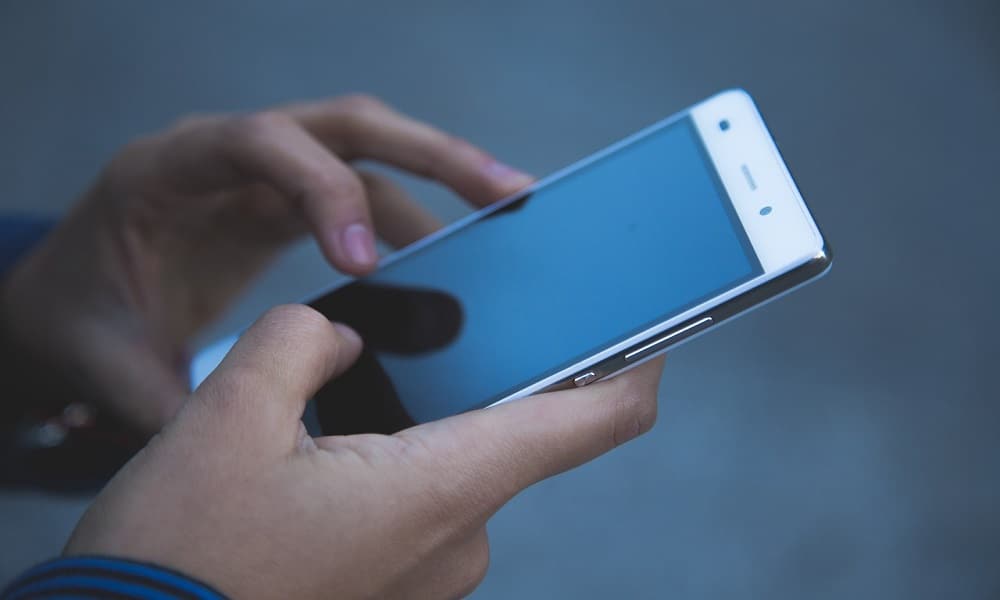With the advancement of technology, the cell phone has become a multifunctional assistant that we carry with us everywhere. However, with the increasing reliance on smartphones and other gadgets, there are questions about the security and privacy of users.
Phone tracking is the process of determining the location of a mobile device using various technologies. It can include GPS, Wi-Fi, mobile networks, Bluetooth, and other methods. Tracking can be done with or without the consent of the phone owner, which raises ethical and privacy issues. Most modern device owners seek to shield themselves from public scrutiny and unpleasant situations that may arise during the tracking process.
The main types of phone tracking
There are several types of this process. You can get the action of finding a specific device, person, or information about their movements through:
- GPS tracking. The most common method that allows you to determine the location of the device with high accuracy. To do this, it requires that the person’s geolocation be enabled on the phone and the visibility of the object is tracked on an ongoing basis, not just while using apps.
- Mobile networks. The service provider can determine the location of the phone from the settings of the base stations to which the device connects. The carrier can also provide the presence of call activity and where the calls were made.
- Wi-Fi. Used to determine the location of the device based on the available Wi-Fi networks in the area. For this reason, many people prefer to use a personal connection to the Web.
- Bluetooth. This method is most often used to track objects over short distances (for example, in stores) using various tags.
Also, owners of devices that run on the basis of the iOS operating system can have an application “Find iPhone” in their arsenal, which is used in case of theft or loss. It is quite real to track Apple-technology through AirDrop, which is considered an analog of Bluetooth-functionality.
Pros of phone tracking
One of the main benefits is the ability to quickly locate a missing or stolen phone. Many operating systems offer built-in features from the manufacturer. Parents can use location tracking software to keep their children safe and know where they are at any given moment. In business, phone tracking can help:
- optimize delivery routes;
- improve employee productivity;
- provide control over technology.
Many apps can track a user’s physical activity and provide data on their movements.
But despite this, the majority of the world’s population tends to stop tracking their smartphones for a number of reasons related to privacy, security and control over personal information.
The negative consequences of smartphone tracking surveillance
Despite the presence of pros on the tracking function of digital technology, such operations have their disadvantages. Privacy violation is considered to be one of the main disadvantages. Tracking can take place without the user’s knowledge, which raises a lot of ethical questions. Nobody cancels possible errors in connection. In some cases, the accuracy of connection depends on the quality of the signal and technology. Such a feature can be misleading and give incorrect results.
Also, the constant use of GPS and other tracking systems can quickly drain the battery of a smartphone, which encourages users to disable these features to save charge.
Collecting and storing location data can be vulnerable to leakage. It is necessary to take measures to protect personal information. In this case, X-ray contact will do a great job. This program helps you check phone number owner, collect necessary information, ensure the safety of users in virtual space.
This is a know-how in the world of digital technologies and possible variants of cyber system. If tracking is done without consent, it can lead to harassment and other forms of abuse. Having special programs in place will help avoid problems and possible negative consequences. Mobile device owners should be careful when selecting apps and services that use tracking methods to avoid risks.
What will help you avoid phone tracking
These tips will help you reduce the risks of information leakage:
1. Customize your smartphone lock.
Make your gadget more secure by setting fingerprint login or face unlock. You can do this on iPhone through “Face ID and passcode”. While on Android, you should do it in the settings of the “Screen Lock” section.
2. Control the launch of applications.
When each new program is launched for the first time, the system may request permissions for it to access the microphone, camera, memory, geolocation, or contacts. Do not give out such permissions thoughtlessly. They may be requested not for correct operation, but for data collection or advertising.
3. Install a mobile antivirus.
You can pay attention to Avast Mobile Security, Norton Mobile Security or McAfee Mobile Security.
4. Use password managers
That will encrypt all your complex character combinations and hide them behind a master password.
5. Protect your email.
6. Turn off Bluetooth and Wi Fi
When you’re not using them. And never accept a request to connect to a device you are unfamiliar with. Don’t connect to public hotspots in public places.
7. Use system and app updates.
These are not only new features and bug fixes, but also close holes that attackers can use to hack into your device.


